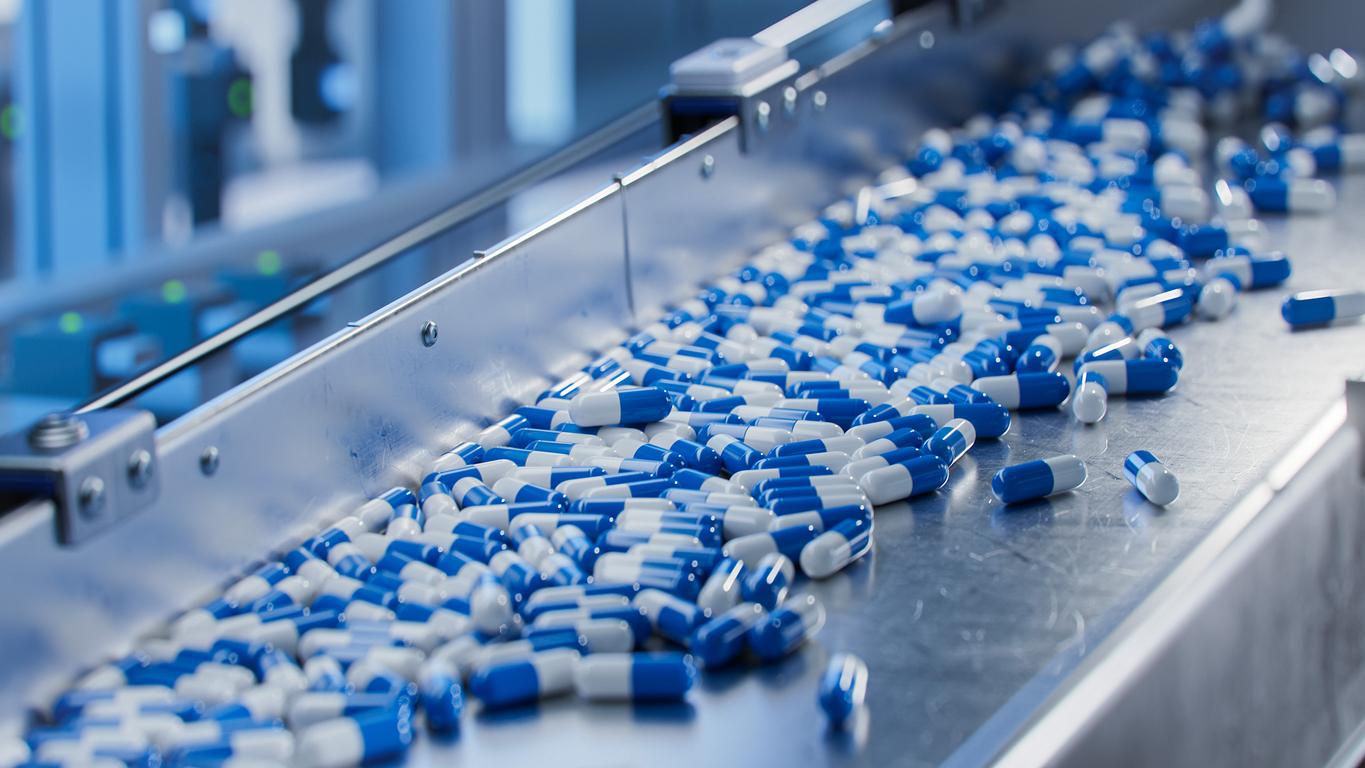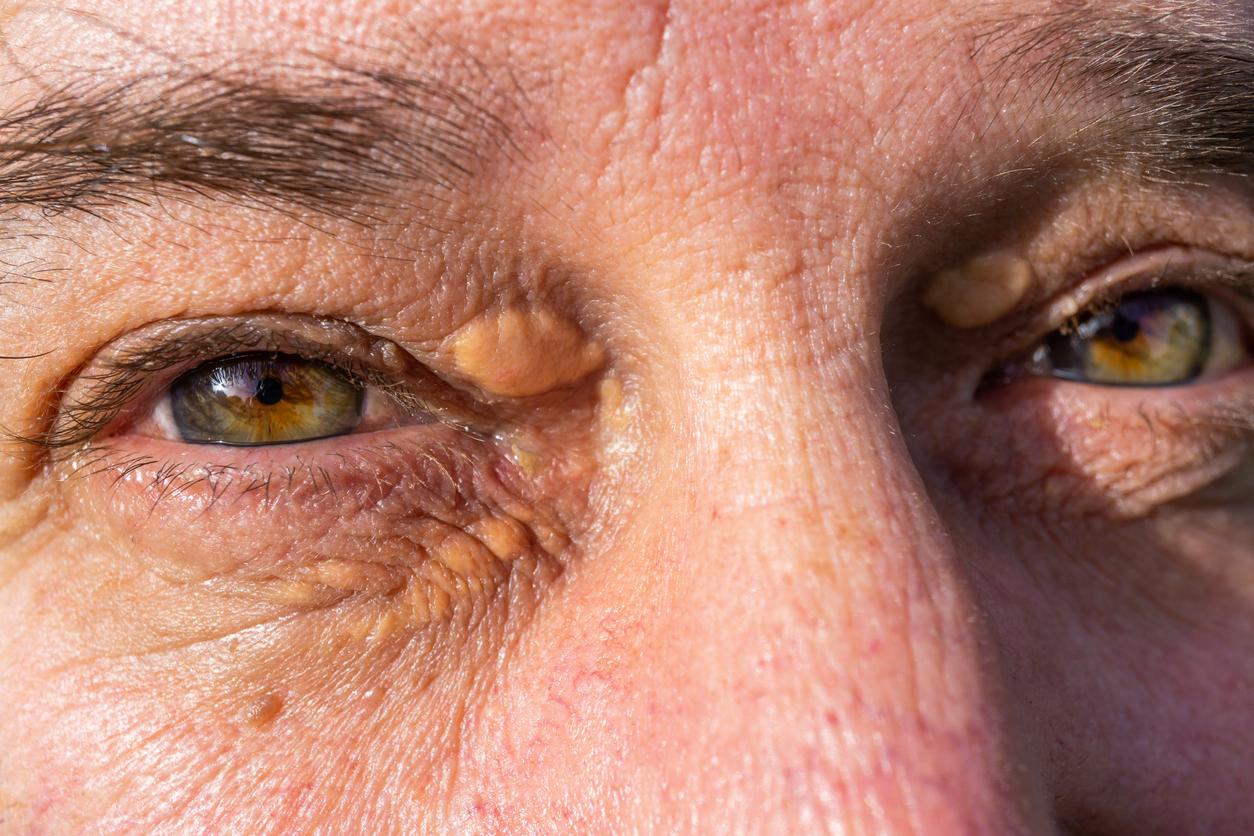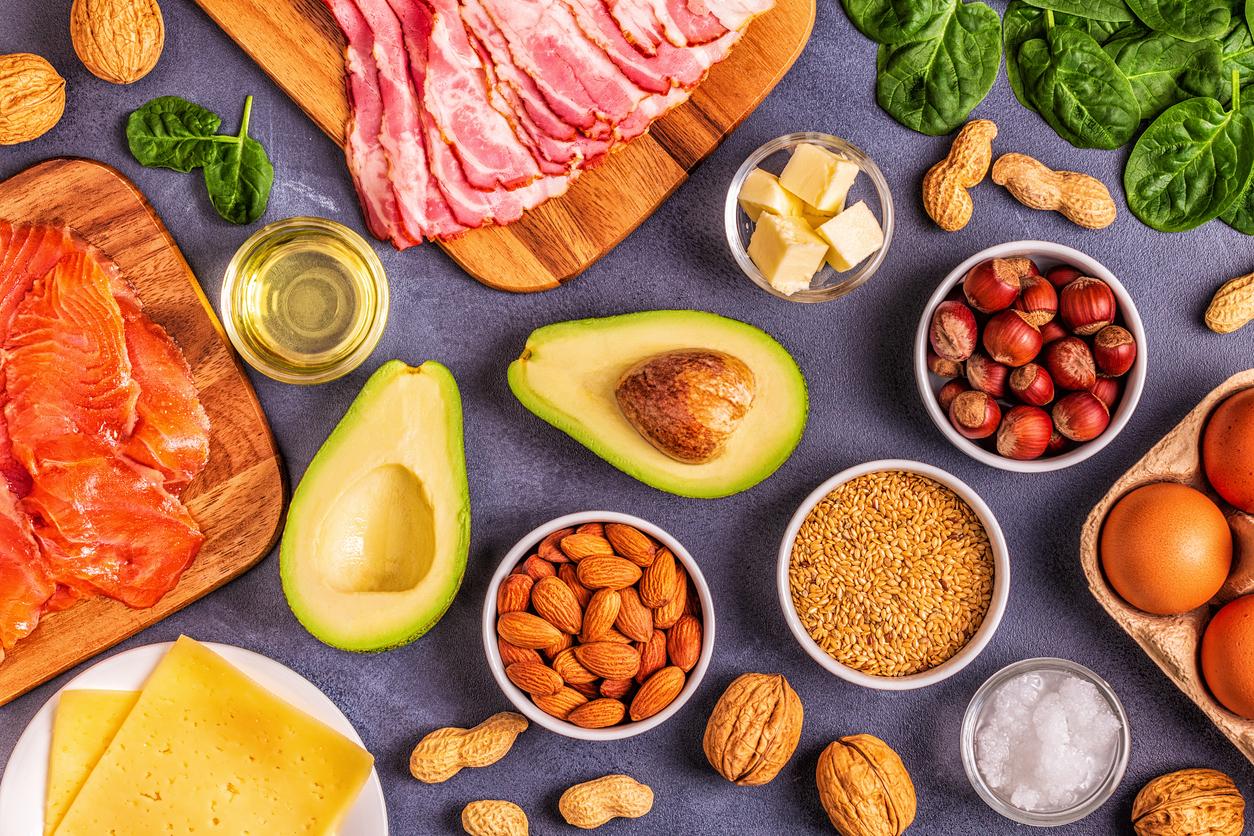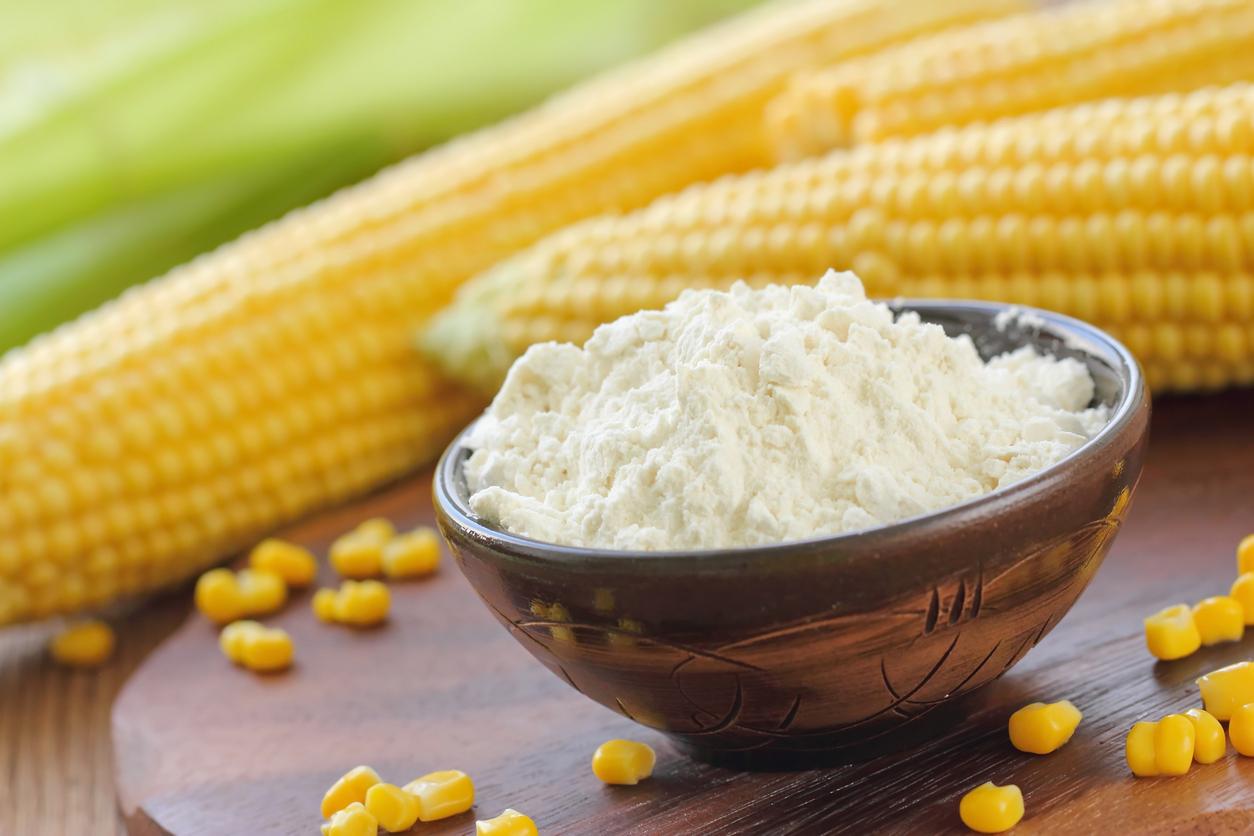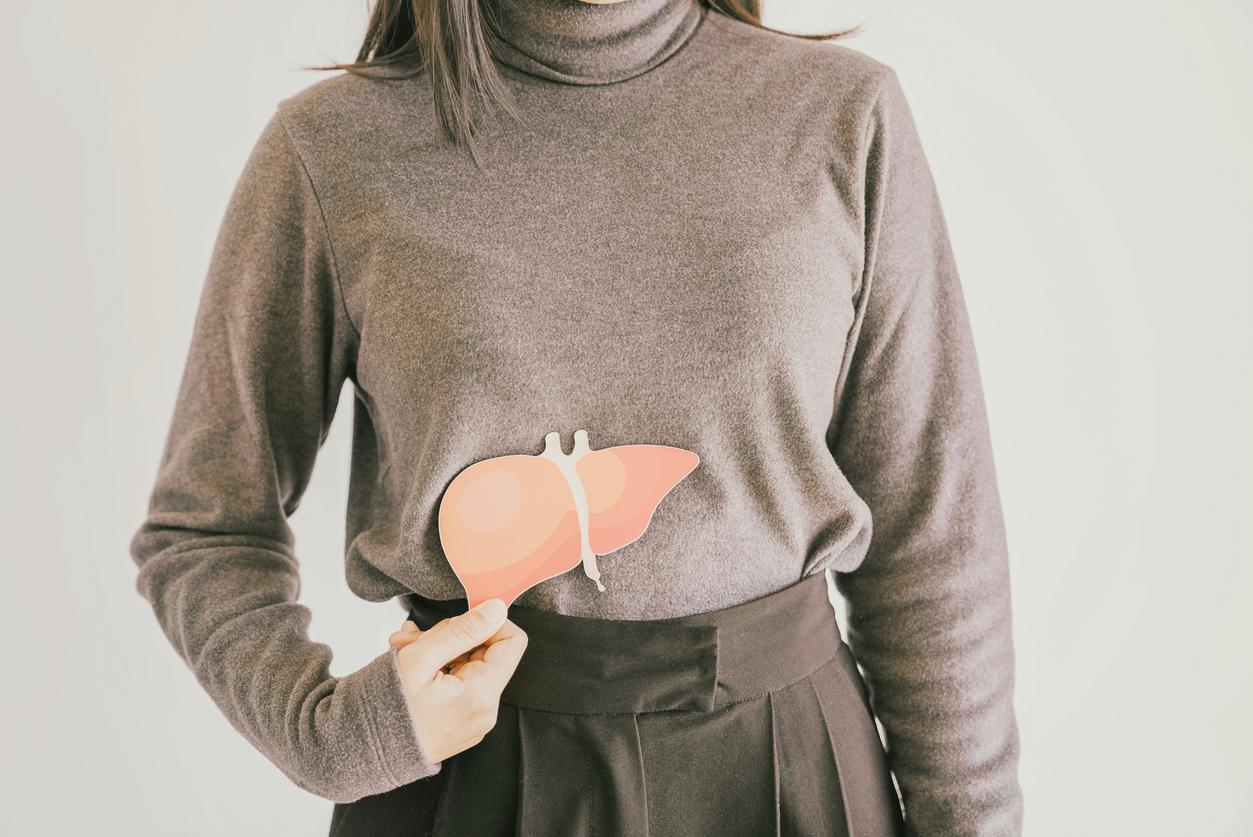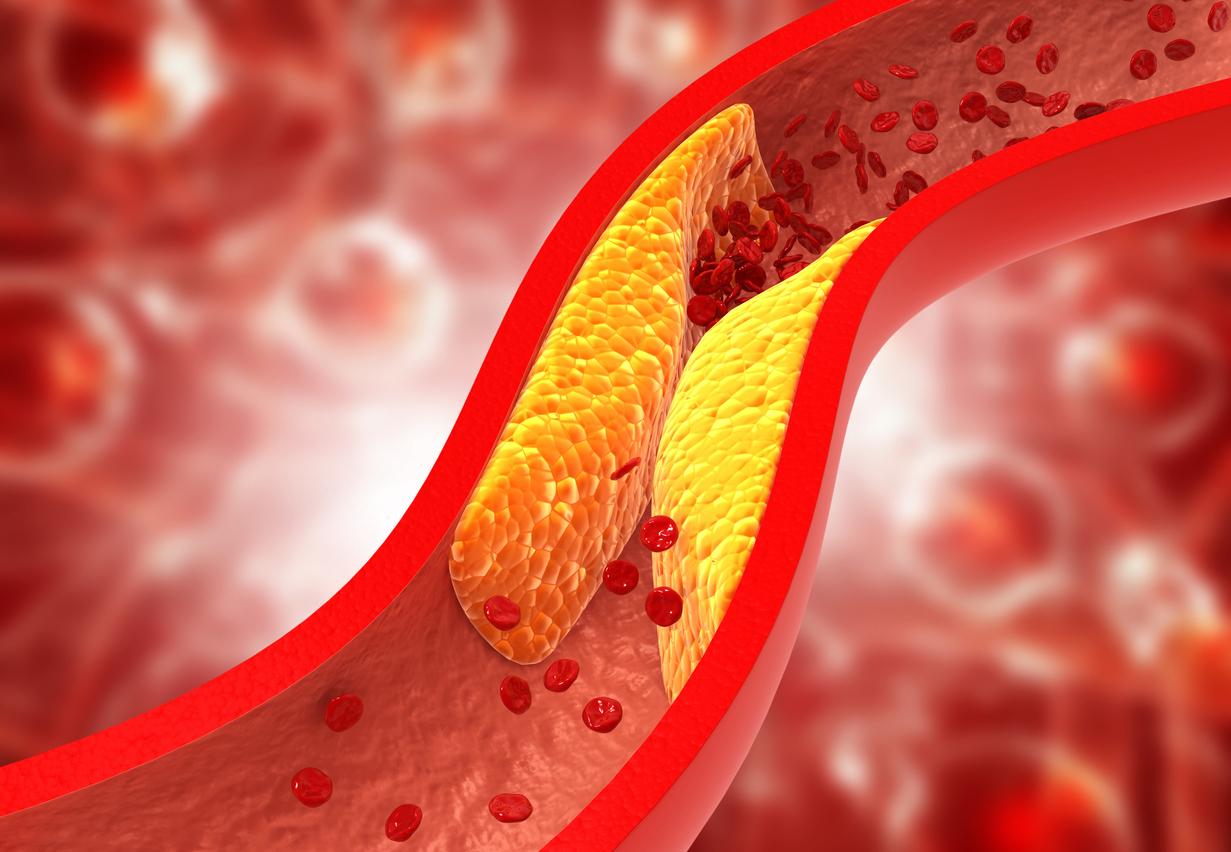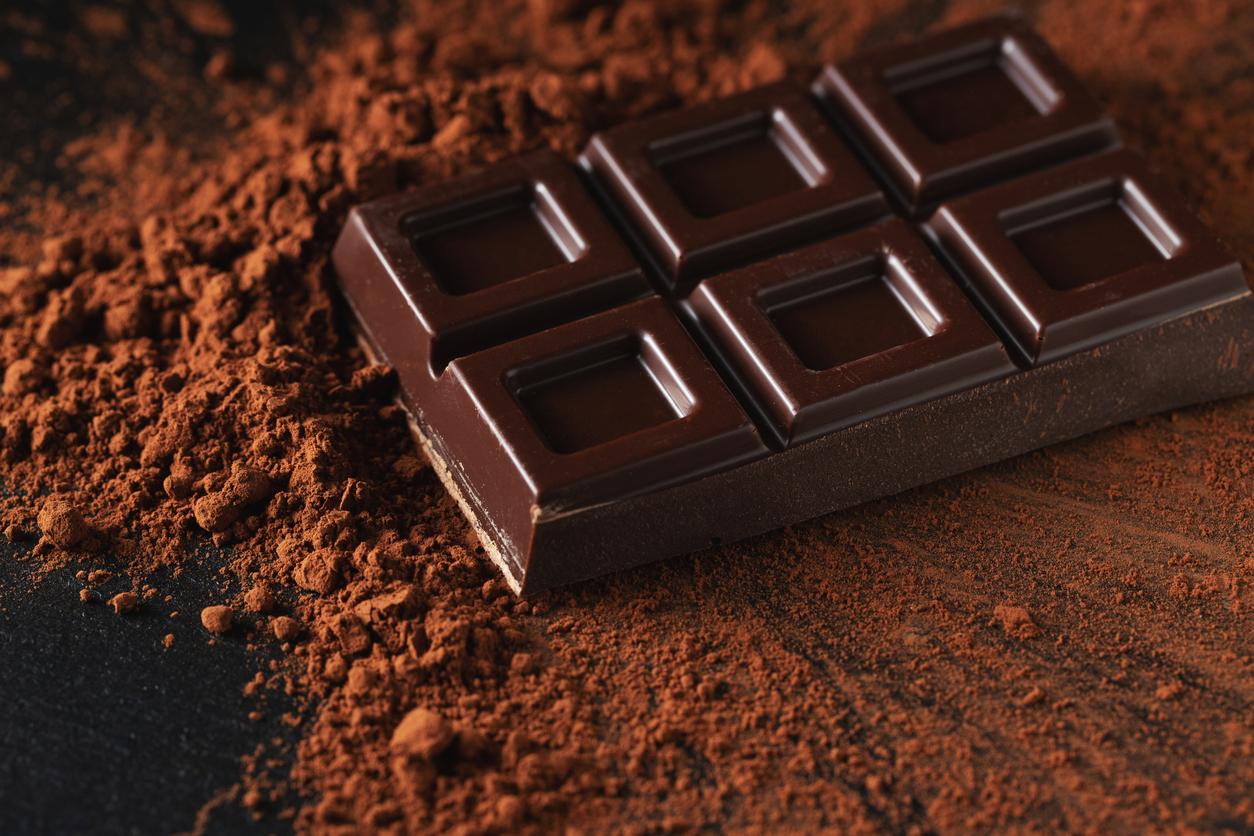A treatment using a gene therapy infusion helps reduce bad cholesterol in people at high risk of early heart attack due to an inherited form of high cholesterol.
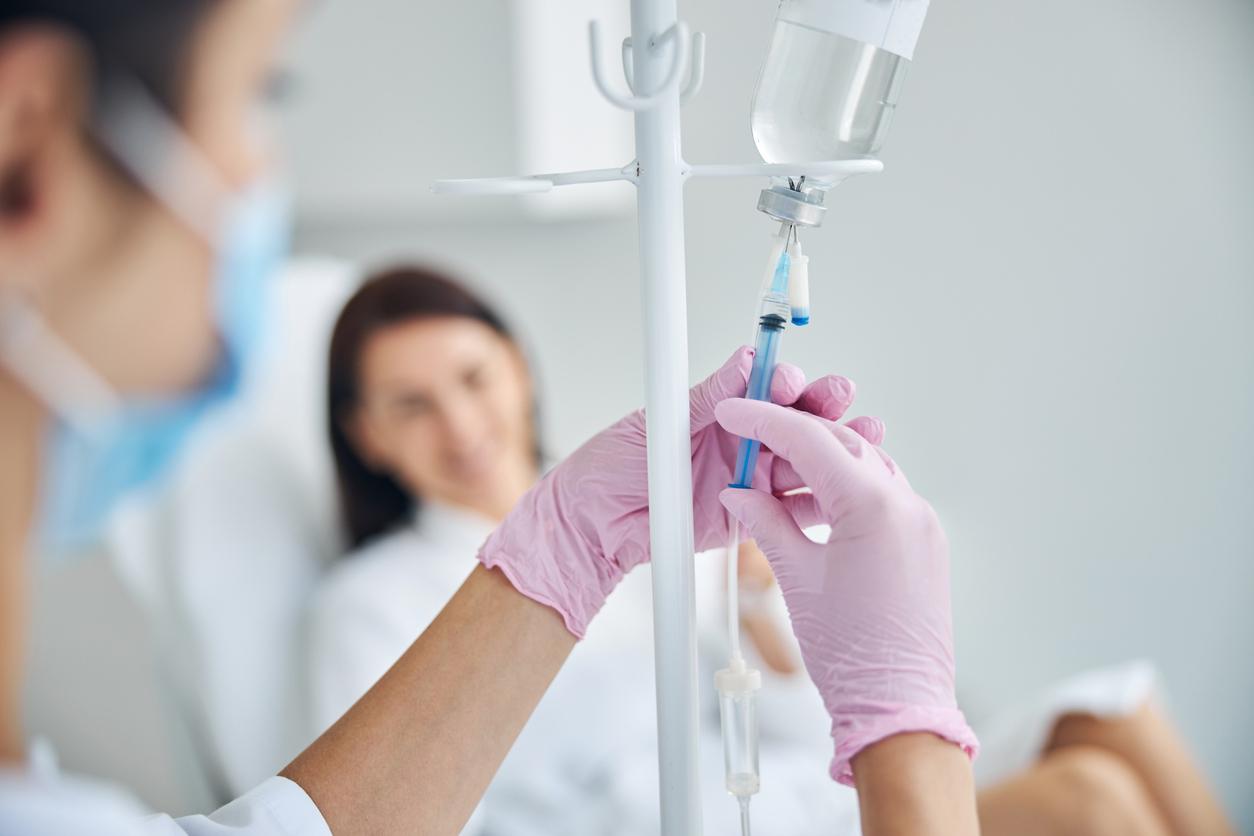
- At the 2023 American Heart Association Scientific Sessions, a promising treatment for high levels of bad cholesterol linked to a hereditary form of hypercholesterolemia was presented.
- It relies on a single infusion of gene therapy.
- Called VERVE-101, it could be a solution for patients for whom drug treatments are not effective.
A single infusion to avoid taking medication daily. So what a gene therapy treatment, called VERVE-101 for people suffering from hereditary cholesterol.
A new study on this treatment based on CRISPR-Cas9 – molecular tool which allows a gene to be invalidated or corrected – indeed shows that it reduces cholesterol levels LDL in people with heterozygous familial hypercholesterolemia. It was presented during the 2023 scientific sessions of theAmerican Heart Association which were held from November 11 to 13.
Hereditary cholesterol: gene therapy lowers levels
Gene therapy infusion VERVE-101 seeks to permanently deactivate the gene PCSK9 in the liver. The latter plays an essential role in the control of bad cholesterol through its regulation of the receptor LDL. The treatment, which had already proven itself in animals during a study published in the journal Circulation at the beginning of the year, is also showing promise in humans.
The current work involves 7 men and 2 women. Each participant was diagnosed with heterozygous familial hypercholesterolemia and had extremely high bad cholesterol levels (average measurement of 201 mg/dL) despite taking medication. Additionally, the majority had pre-existing severe coronary artery disease and had previously suffered a heart attack, coronary artery bypass grafting or stenting. (operation which allows better blood flow to the heart muscle). They each had a single intravenous infusion of VERVE-101, ranging from 0.1 mg/kg to 0.6 mg/kg.
The results show that bad cholesterol was reduced by 39% and 48% in the two participants who received doses of 0.45 mg/kg and by 55% in the single patient who received 0.6 mg/kg. Blood protein levels PCSK9 also fell by 47%, 59% and 84% in these three patients. Furthermore, the volunteer with the highest dose still showed a reduction in bad cholesterol at six months.
Another encouraging element: “To date, most adverse events occurring in the study were mild and unrelated to treatment”specify the researchers in their communicated.

Gene therapy: a single infusion to lower cholesterol
If these first results on humans are subsequently confirmed, they could pave the way for more effective and simple treatments for patients.
“Instead of daily pills or injections spread over decades to reduce bad cholesterol, this study reveals the potential for a new treatment option: a single-dose therapy that can lead to profound cholesterol reduction LDL for decades”assured the lead author of the study Dr Andrew M. Bellingerscientific director at Verve Therapeutics in Boston. This breakthrough in gene-based treatment of high cholesterol offers hope to millions of people with familial hypercholesterolemia and at high risk of cardiovascular disease.








